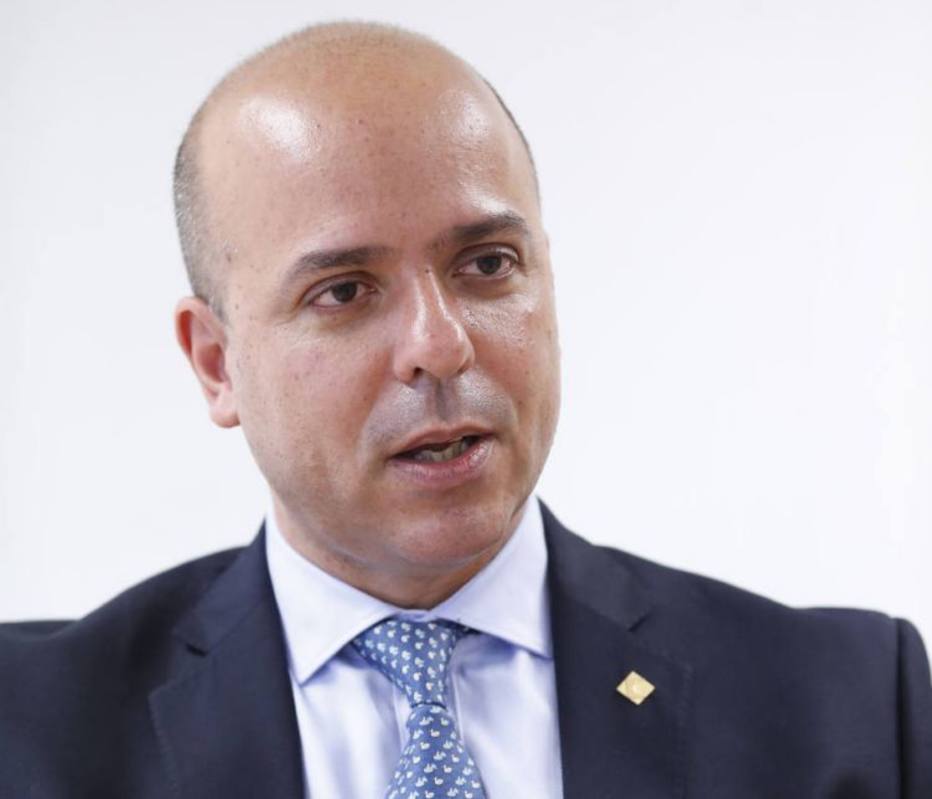
[ad_1]
BRASÍLIA – The Future Secretary for Productivity and Competitiveness of the Ministry of the Economy, Carlos da Costa said that Brazil could grow by 5% a year with productivity increased. According to Costa, fiscal adjustment, coupled with a smaller and more efficient government, is a necessary condition for the country's growth, but this is not enough to go beyond a cyclical recovery.
"Much of Brazil's growth in recent years is due to the fact that we have fallen and we have risen, we need to change that mentality to have long-term growth," he said. on the occasion of an event organized by the newspaper Correio Braziliense. "If we solve problems, growth will be driven by increased productivity."
The future secretary also said that it was necessary to step out of the current scenario in which, according to him, compensatory policies are adopted for the industry, as subsidies, for a policy scenario aimed at to promote competitiveness.
He claimed that growth of 5% per annum "is not a stratospheric figure" and is similar to that of agribusiness with the increase in supply in the sector. Costa explained that today Brazilian worker productivity is 23% lower than that of the US and that it is possible to adopt policies to reduce this gap , which increases the productive potential of the economy. "We are moving away from the productivity frontier in recent years," he added.
One of the means evoked by Costa is the revision of the tax burden of the industry, which now accounts for 21% of GDP and 31% of the tax burden. "The main factor that is missing in the country is the freedom of production of entrepreneurs, we need to have less taxes on production and employment to be competitive," he said.
He also stressed the need for adequate interest rates to not "make production impossible", and said that Michel Temer's government was a transitional government, "paving the way for prosperity".
In his speech, Costa also defended the examination of how to measure the gross domestic product of the industry and recalled that a number of added services are not accounted for in this account. He also stressed that the additional services activities depend on factors that "retarded" Brazil, such as human capital and the business environment.
The future secretary said that it was necessary to focus and not to adopt a series of activities. "The federal government now has 51 agencies taking up productivity, that sounds like a joke." Priorities include improving human capital formation and removing barriers for companies, such as excessive concentration and high number of ancillary obligations. He also listed the trade facilitation program and long-term planning of infrastructure as priorities. "We need to correct market distortions to finance the sector," he said. According to Costa, this will be done through dialogue with the productive sector, which knows the problems and obstacles encountered by entrepreneurs. "Without dialogue with the productive sector, we are becoming arrogant.This government knows that those who create jobs and innovation are private initiatives.We must disrupt less," he concluded.
"Slow and Ever"
The future special secretary for productivity, employment and competitiveness, Carlos da Costa, said that the government of President-elect Jair Bolsonaro "does not want to be rushed in nothing ".
"This is a liberal, evolutionary and non-revolutionary government, and the changes will be gradual and dialogue-driven," he said during his participation in the debate. Costa's speech followed statements by Carlos Abijaodi, Director of Industrial Development of the National Confederation of Industry (CNI), who claimed that there could be no opening commercial "hasty and inconsequential".
Costa reaffirmed that the next government's main goal was to let the entrepreneur produce and be more competitive. Costa positively evaluates some of the current government's programs, such as Brazil's more productive, but says it's still evaluating whether it will be expanded.
The future secretary will now badume part of the responsibilities of the Ministry of Labor, as the secretariat of public policies for employment. He said the focus will be on empowering workers. "We will look at all employment policies," he said after being asked to review the National Employment System (SINE).
Regarding the trade between Embraer and Boeing, the secretary said that it still had to be evaluated "with caution", but this may be an example to achieve the competitiveness leap that Brazilian economy needs.
The secretary also stated that it was not decided to re-examine the Rota 2030 automobile program, which allows the industry to pay taxes on what is invested in the science and the technology. The members of the Bolsonaro team opposed incentives to the industry.
[ad_2]
Source link